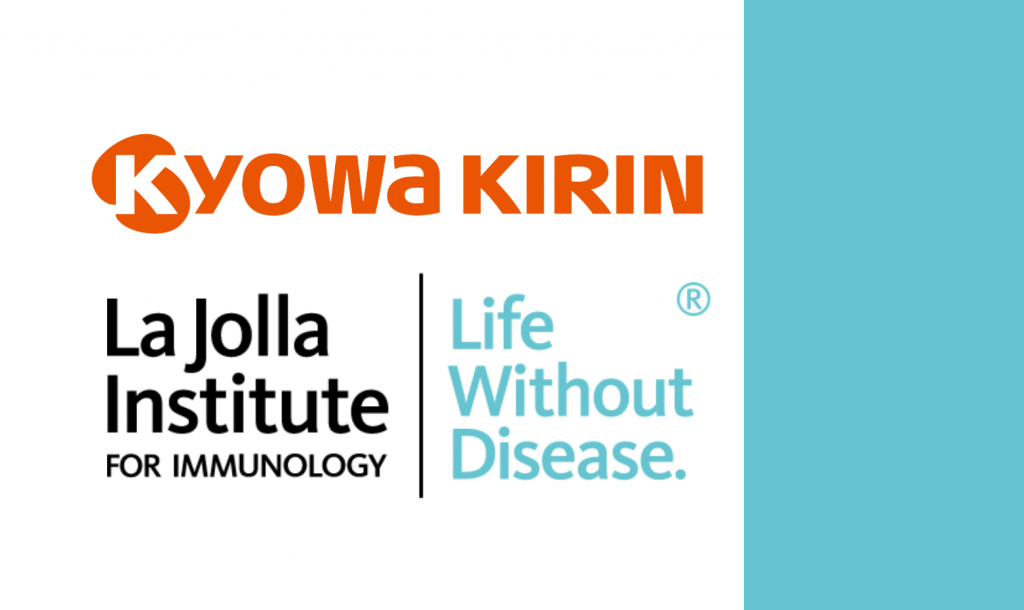The Vijayanand lab has a strong interest in understanding the role of T cell enhancers (epigenetics players) in asthma, developing cutting-edge tools to study enhancer function, and utilizing these tools to understand the molecular basis of asthma. This includes identifying a critical enhancer that is required for the production of Th2 cytokines, IgE and induction of allergic airway inflammation. More recently, by mapping genome-wide enhancer profile of T cells subsets isolated from peripheral blood, the lab identified enhancers with known and potential roles in the normal differentiation of human Th2 cells and discovered disease-specific enhancers in T cells that differ between healthy and asthmatic individuals. Their results establish the feasibility and utility of enhancer profiling in well-defined populations of specialized cell types involved in disease pathogenesis. The lab has applied this approach to investigate the regulation of genes in the asthma susceptibility 17q21 locus (ORMDL3) that was recently published in Nature Communications.
Selected References
Vijayanand P, Seumois G, Simpson LJ, Abdul-Wajid S, Baumjohann D, Panduro M, Huang X, Interlandi J, Djuretic IM, Brown DR, AH Sharpe, Rao A, KM Ansel. (2012). Interleukin-4 production by follicular helper T cells requires the conserved Il4 enhancer hypersensitivity site. V. Immunity 36:1-13. PMCID: PMC3288297
Seumois G, Chavez L, Gerasimova A, Lienhard M, Omran N, Kalinke L, Vedanayagam M, Ganesan AP, Chawla A, Djukanović R, Ansel KM, Peters B, Rao A, Vijayanand P. (2014). Epigenomic analysis of primary human T cells reveals novel enhancers associated with Th2 memory differentiation and asthma susceptibility. Nature Immunology 15(8):777-88. PMCID: PMC4140783
Schmiedel BJ, Seumois G, Samaniego-Castruita D, Cayford J, Schulten V, Chavez L, Ay F, Sette A, Peters B, Vijayanand P. (2016). 17q21 asthma-risk variants switch CTCF binding and regulate IL-2 production by T cells. Nature Communications. 7:13426. PMCID: PMC5116091.
Engel, I., Seumois, G., Chavez, L., Chawla, A., Castruita, D.S., White, B., Mock, D., Vijayanand, P*., Kronenberg, M*. (*joint senior authors) (2016). Innate-like functions of natural killer T cell subsets result from highly divergent gene programs. Nature Immunology. 17(6):728-39. PMCID: PMC4944658.
Grants
NIH/NIAID, U19AI118626
Human immune signatures of dengue virus (DENV) and Mycobacterium tuberculosis (MTB) exposure in infection, disease, and vaccination.




